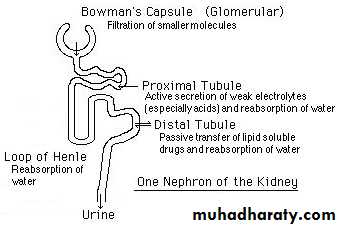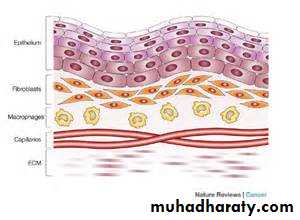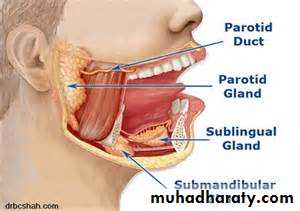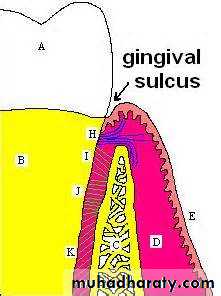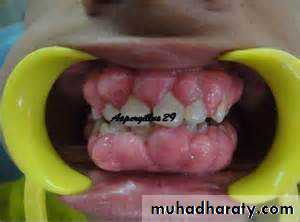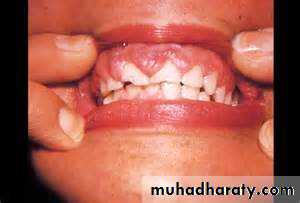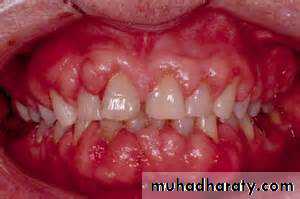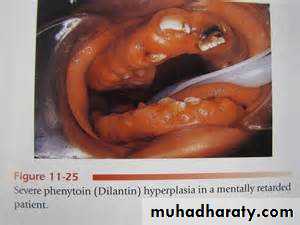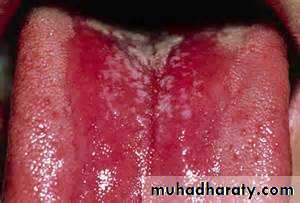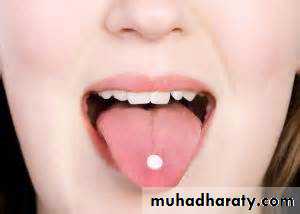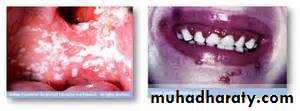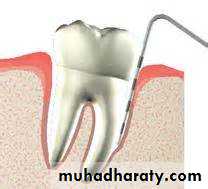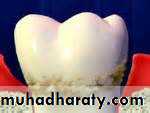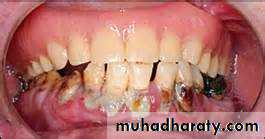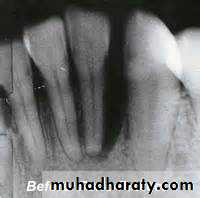Drug Elimination
BiotransformationHepatic
Renal
Pulmonary
Secretion of drug
(major) Renal
(major) biliary (hepatic)
(major) GI
mammary (minor)
salivary (minor)
DRUG EXCRETION
The process by which drugs or metabolites are irreversibly transferred from internal to external environment through renal or non renal route.Most drugs are excreted in urine either as unchanged drugs or drug metabolites.
TYPES OF EXCRETION
• RENAL EXCRETION• NON RENAL EXCRETION
• Biliary excretion.
• Pulmonary excretion.
• Salivary excretion.
• Mammary excretion.
• Skin / Dermal excretion.
• Gastrointestinal excretion.
• Genital excretion.
Major Excretory Processes in the Nephron
• Glomerular filtration
• Tubular secretion
• Tubular re-absorption
Drugs enter the oral fluids from :
1- Passive diffusion across the cells of salivary glands2- Passive diffusion across oral epithelium
3- Flow of fluid from the gingival crevices
Drugs excreted in saliva can under go cycling in a fashion similar to enterohepatic cycling
e.g.
sulfonamide ,clonidine
SALIVARY EXCRETION
•• The pH of saliva varies from 5.8 to 8.4. Unionized lipid soluble drugs are excreted passively.
• passive diffusion process depend on pH partition hypothesis .
• Basic drugs secreted more than acidic drugs
• The bitter or altered taste (metallic) in the mouth of a patient could be an indication of drug excreted in mouth .
• Can you name one of these drugs ?
Antibiotics e.g. ampicillin
Antifungals e.g. amphotericin BAntipsychotics e.g. lithium
Blood pressure medications e.g. captopril
Sometimes, a medication you take can alter your sense of taste. A change in the body's ability to sense tastes is called dysgeusia. Some drugs can make food taste different, or they can cause a metallic, salty, or bitter taste in your mouth. Taste changes are especially common among elderly patients who take multiple medications.
Usually the taste changes are temporary and go away when you stop taking the medicine.
• Some basic drugs inhibit saliva secretion and are responsible for mouth dryness.
Can you name one of these drugs ?
• Compounds excreted in saliva are :• Phenytoin
• Amelodipine
• Ampicillin , Pencillin
• Tetracycline
• Metronidazole
• Theophylline
• lithium
• Pencillin
• Aspirin
• Diazepam
• Caffeine
Phenytoin and amelodipine
Secreted in saliva and cause side effects orally represented as gingival hyperplasiaAmpicillin , Pencillin
antibiotics secreted in saliva and could cause oral thrush (oral candidiasis ) and this is due to effects of these drugs on normal flora• Tetracycline
• Metronidazole
Secreted in saliva and the gingival crevicular fluid at high concentration and useful for treatment of periodontal diseases.
Excretion of KI
Iodine is essential for formation of thyroid hormons for synthesis of thyroxin.Deficiency of iodine thyroid hypertrophies simple(non toxic goiter)
Excessive intake of iodine swelling of gland iodine mumps.Uses of iodine
• 1.Treatment of goiter due to deficiency of iodine.
• 2.Used as salageous agent to increase salivary secretion.
• 3.It is used for sterilization.
• 4.Used as expectorant to encourage productive cough.
Potassium Iodide excretion in saliva
Procedure:Each volunteer will take capsule containing 300 mg of KI
one ml of whole unstimulated saliva will be collected in a test tube
Then add ;
2-3 drops of 1% sodium nitrite
2-3 drops of 2 N sulphuric acid
1 ml of 1% starch solution
Test samples of saliva for the presence of iodine at 5 min , 15 min , and 30 min intervals
Indicates the presence of iodine by using - , + , ++ ,+++ ,+ ,++ ,+ , - according to the presence of blue color.
Arrange results in table
min
control results
5
15
30
Reaction
NaNo3+KI(SALIVA) NaI+KNo3
NaI+H2So4+H2O Na2So4 +I2
I2+Starch blue complex

